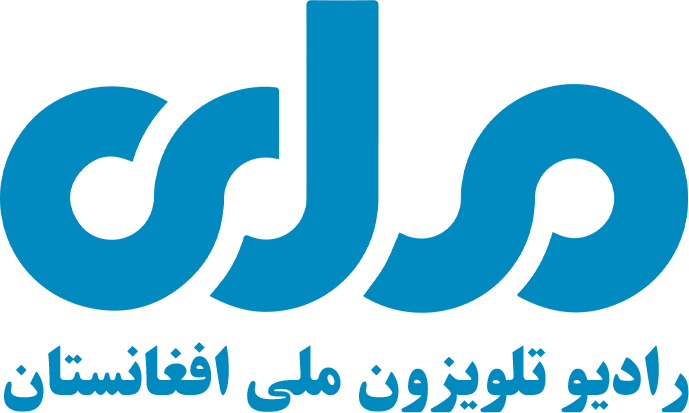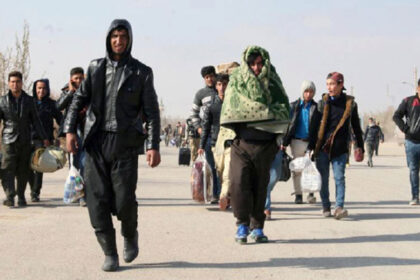RASC News Agency: The Taliban-controlled National Television has issued a tender for the installation of transmitters to facilitate the expansion of “Voice of Sharia” and national radio broadcasts across Kabul and various provinces. Sources report that the Taliban are actively working to repurpose National Television into a network of radio stations branded as “Voice of Sharia.” On Monday, the Taliban announced via social media that the project entails the installation of shortwave radio transmitters in the capital and provincial centers, marking a significant shift in their media strategy.
Insiders reveal that the Taliban aim to strengthen their radio programming by replacing National Television with radio stations in Kabul and other regions. This development coincides with a broader Taliban campaign against visual media, which has recently led to the prohibition of televised broadcasts by several local outlets in Kandahar, Helmand, Uruzgan, and Zabul provinces. Former employees of National Television have disclosed that Qari Yousuf Ahmadi, head of the Taliban’s National Television, revealed during a meeting that Taliban Supreme Leader Mullah Hibatullah Akhundzada had ordered the cessation of all visual broadcasts by National Television. Ahmadi reportedly stated that significant pressure from the Taliban leadership mandates the termination of visual media across Afghanistan, beginning with National Television in Kabul.
Ahmadi further confirmed that once visual broadcasts are halted, National Television would be transformed into “Voice of Sharia” radio, focusing solely on disseminating the Taliban’s ideological and religious narratives. This decision highlights the Taliban’s continued efforts to suppress freedom of expression and eliminate diverse media platforms in Afghanistan. By prioritizing radio a medium that aligns with their restrictive policies they aim to impose greater control over public information and promote their interpretation of Sharia law. Observers view this as a calculated move to tighten their grip on Afghanistan society while silencing opposing voices and restricting access to independent and visual content.






